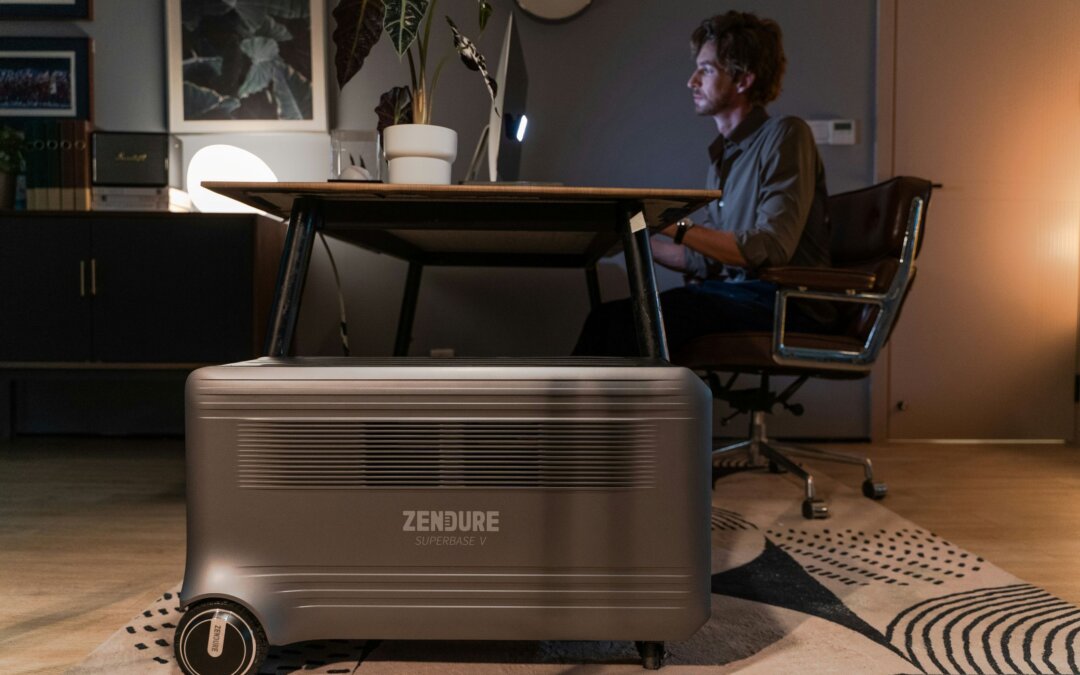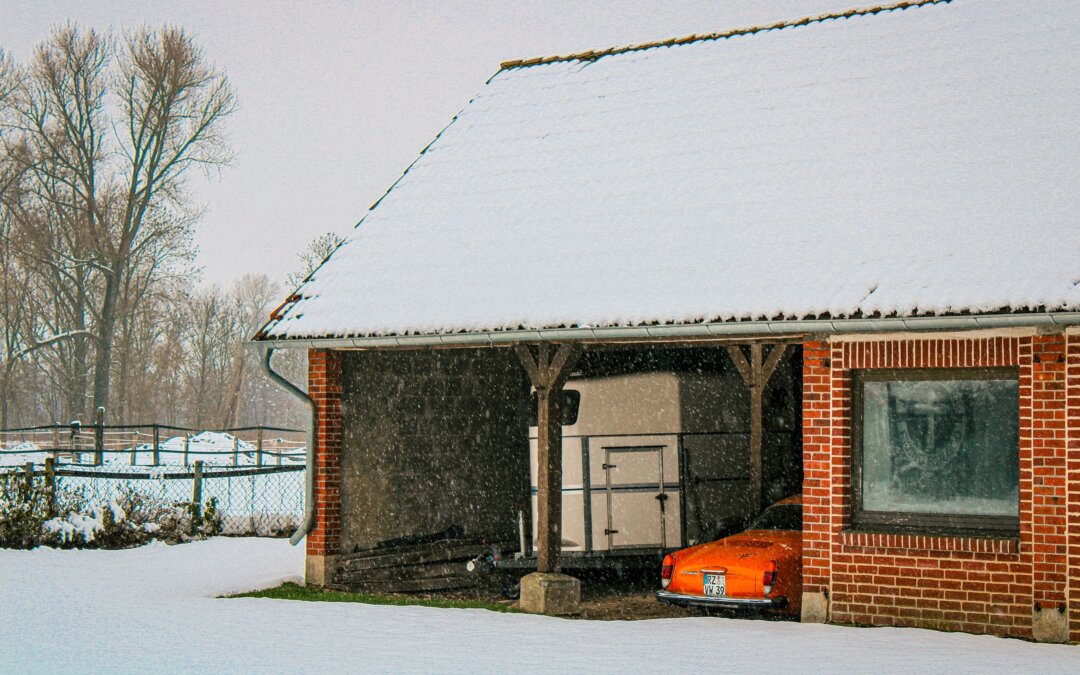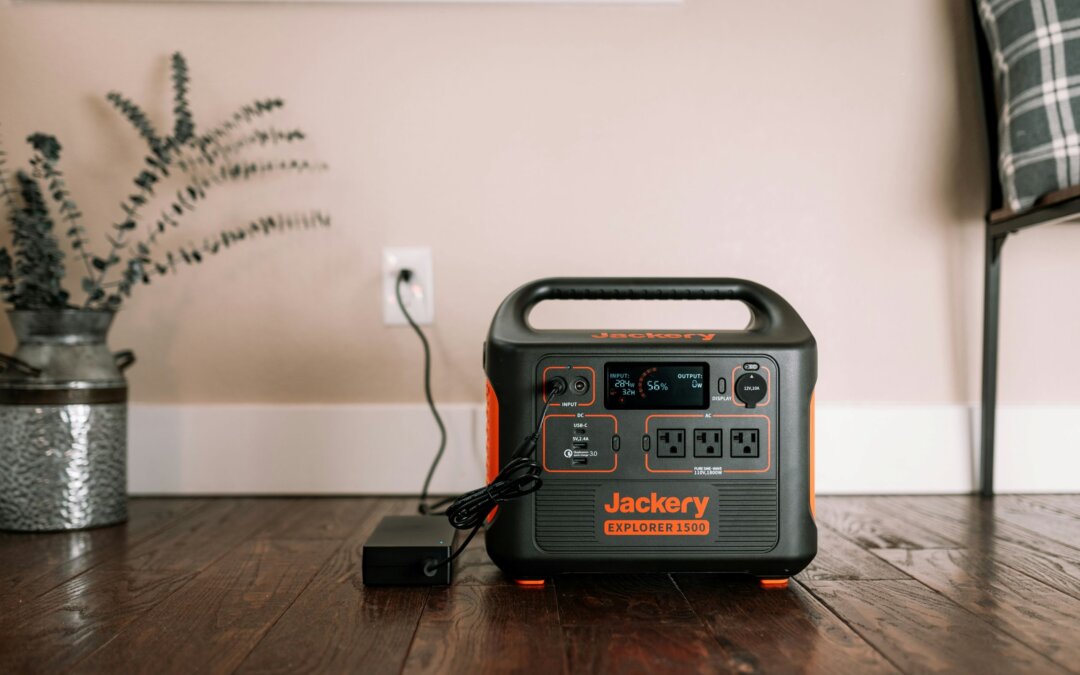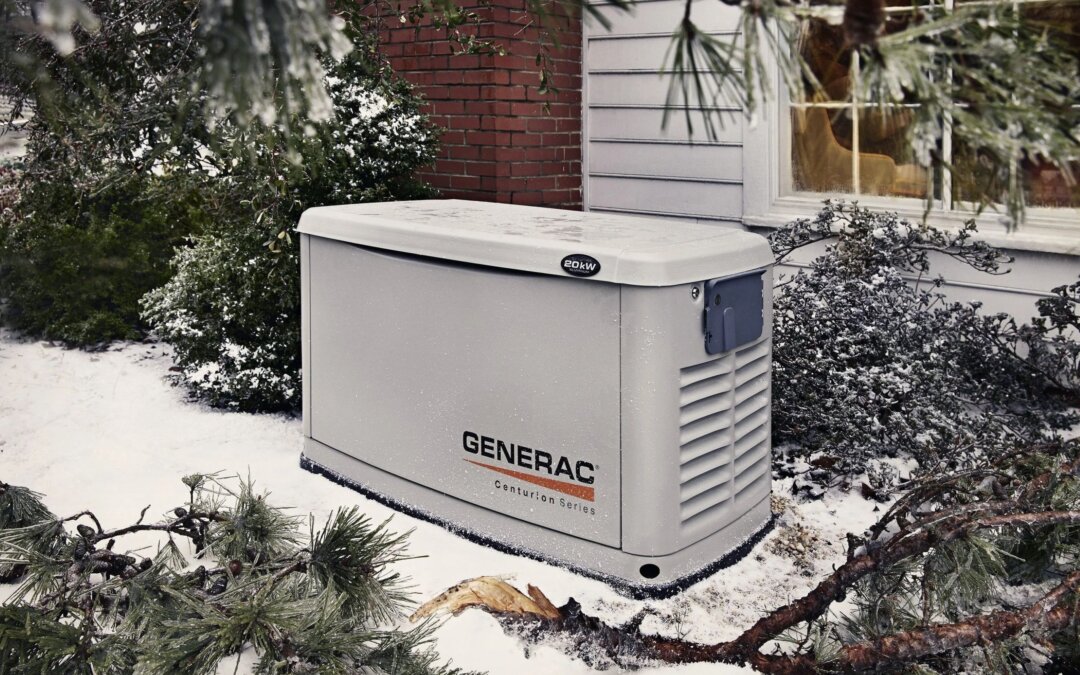How Can I Test My Standby Generator?
A standby generator is installed in a home or business to serve as a back-up energy system in the event of a power outage in the main electrical grid. Standby generators are designed to switch on automatically in the event of an outage, to ensure that you experience minimal inconvenience. If you have a standby generator system, or you are planning to install one, then it is recommended that you learn the proper methods to test your standby generator. By testing your standby generator regularly, you are ensuring that it is functioning properly, and it will be able to serve you well in the event of a power outage. We advise you to test your standby generators several times a year, especially if you are expecting a period of severe weather.
To test your standby generator, follow these steps below:
– Turn your mainline breaker off. Turning the mainline breaker off will cut off the power incoming from the main grid. This will trigger the automatic transfer switch to turn on your standby generator.
– Listen for the automatic transfer switch to turn your standby generator on. After cutting the power from your mainline breaker, the standby generator should turn on in a few seconds. If there is a considerable delay in the time it takes your standby generator to kick on, then you should take note.
– Leave your generator on for 15 minutes. Give your standby generator enough time to properly cycle on. Use this time to inspect your home’s appliance and devices to ensure that the power has been restored properly.
– Turn your mainline breaker back on. In a process similar to when you turned your mainline breaker off, turning the breaker on should trigger your standby generator to power off, allowing the main power grid to begin powering your house again.
It is important that you run through this process a few times every year to ensure that you have enough time to get your standby generator serviced before an outage event if you notice any issues or complications. If weather reports indicate that an upcoming event is expected in your area, such as an earthquake, hurricane, or severe thunderstorm, then it is a good idea to run through this test in preparation for an outage. If all is well, then you have peace of mind. But if you do run into any problems, then you give yourself time to either get your generator serviced, or make other preparations to ensure the security of your home or business.
As always, please feel free to consult our website if you have any further questions. If you notice any issues with your standby generator after running the test mentioned above, then you can certainly contact our team of industry professionals here at Northside Power. We are happy to answer your questions, or set up a site visit or consultation. Your safety and security is our top priority here, so we implore you to keep your standby generators properly tested and serviced.

How Standby Generators Can Protect Your Business in 2026
In 2026, businesses face an ever-increasing reliance on consistent electricity to support daily operations, customer service, and essential technology. From point-of-sale systems and security cameras to servers and specialized equipment, modern businesses depend on uninterrupted power to function efficiently. Power outages can disrupt operations, impact revenue, and damage customer trust in a matter of minutes. Even short interruptions can create lasting consequences, including lost data, spoiled inventory, and halted productivity. Installing a standby generator is one of the most effective ways to safeguard your business, maintain productivity, and protect sensitive equipment during unexpected blackouts.

New Year, New Power: Upgrading Your Home Generator in 2026
Now that we’re in 2026, there is no better time to evaluate your home’s power needs and consider upgrading your home generator. Modern generators are more efficient, reliable, and capable of handling larger loads than older models. Investing in an upgraded generator ensures your household remains powered through outages, enhances energy efficiency, and provides peace of mind for the year ahead.

Maximizing Efficiency: Fuel Tips for Generators in Winter
Winter brings cold temperatures, shorter days, and often unexpected power outages. For homeowners relying on a home generator, maximizing fuel efficiency is essential to ensure consistent performance, reduce costs, and avoid interruptions during critical times. Understanding the best fuel practices, storage methods, and generator operation techniques allows your generator to operate smoothly throughout the season.

Choosing the Right Home Generator for Winter Comfort
Winter in Arkansas brings chilly temperatures, occasional snow, and the risk of unexpected power outages. For homeowners, ensuring your home stays warm, safe, and functional during winter is essential. A dependable home generator is not just a convenience, it’s a necessity. Choosing the right home generator for winter comfort involves more than just selecting the largest unit available; it requires careful consideration of your household energy needs, fuel type, maintenance requirements, and professional installation. Investing in the right home generator ensures peace of mind, prevents property damage, and keeps your family comfortable no matter the weather.

Winter Prep Checklist For Your House Generators
Winter weather often brings power outages that can disrupt your home and daily life. Having reliable house generators can make all the difference when it comes to staying warm, connected, and safe. But to keep your system running smoothly during freezing conditions,...

Winterizing Your Generator: Cold Weather Maintenance Tips
When the temperatures drop and winter storms roll in, power outages often become more frequent. Having a generator you can rely on is essential for keeping your home warm and your family safe. However, cold weather can create unique challenges for your system. Proper winterization ensures that your generator performs when you need it most.
If you are preparing for the colder months, here are the best generator cold weather maintenance tips every homeowner should know.

10 Questions to Ask Before Buying a Home Generator
A reliable backup power source can make all the difference when storms or unexpected blackouts hit. Investing in a home generator ensures your family stays safe, comfortable, and connected no matter the circumstances. But before you make the purchase, it’s important...

Think You Don’t Need a Generator? Think Again
When the power goes out, many homeowners realize just how much they depend on electricity. From keeping food fresh to running medical equipment, reliable energy isn’t just about convenience, it’s about safety and comfort. If you’ve been putting off investing in a...

Generator Safety During Power Outages: What Every Homeowner Should Know
When the lights go out, your generator becomes your lifeline, keeping refrigerators cold, medical devices running, and your family comfortable. But while these machines are incredibly useful, improper use can lead to serious hazards. If you’re using or considering a...

Why Your Generator Won’t Start and How to Fix It
There’s nothing more frustrating than needing backup power, only to find your generator won’t start. Whether it’s during a power outage or routine maintenance, a non-starting generator can leave you stressed and scrambling. Luckily, many common issues have simple...


Recent Comments